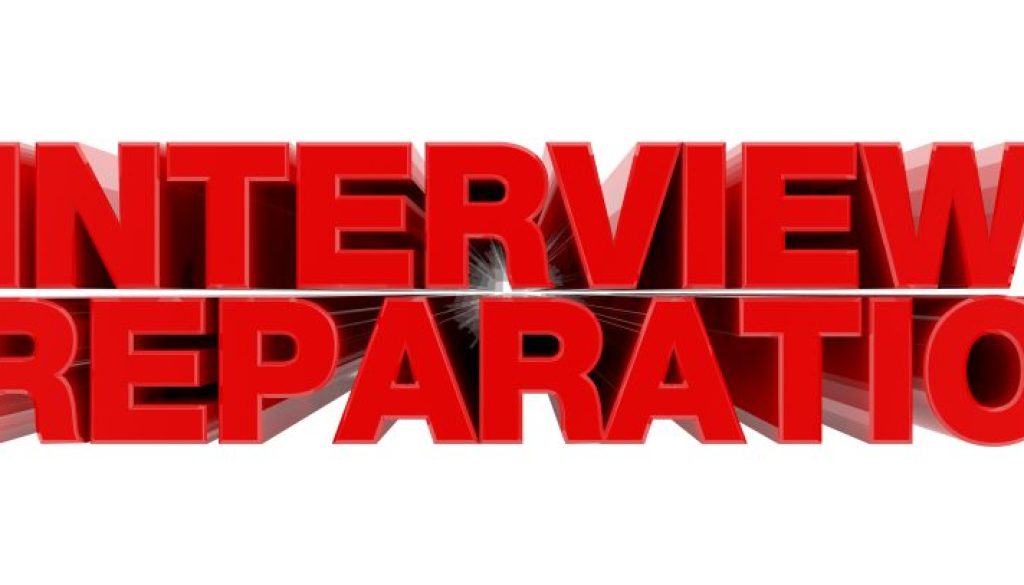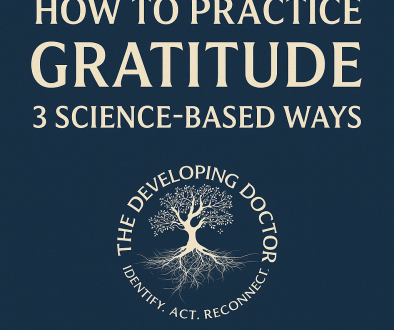Medical School Interview Tips for 2025
The room is silent except for the sound of your heart beating in your ears. You frantically try to remember all the medical school interview tips you’ve learned. You can feel the interviewers’ eyes on you as they ask, “Tell me about yourself.” Your heart beats faster. This is more than just a question—it’s your shot at medical school. You’ve checked all the boxes. You’ve finishes the secondary applications. The last step is the admission interview. The right answer can open doors; a misstep could mean a costly gap year and a second application cycle.
Why Medical School Interviews Matter More Than Ever
In 2025, the medical school interview is far from a mere formality. It’s a critical part of the admissions process that evaluates your character, readiness, and potential as a future physician. Preparing thoroughly can make the difference between an acceptance letter and a rejection.
Medical School Interview Tips for 2025
1. Academic and Educational Background
Be ready to discuss your undergraduate major, research experiences, and extracurriculars. Common prompts include:
- “Why did you choose your major?”
- “How have your research experiences prepared you for medicine?”
2. Character and Personality
Admissions committees want to know who you are beyond your resume. Expect questions like:
- “Tell us about a time you showed empathy.”
- “How do you manage stress?”
This is your chance to show maturity, resilience, and emotional intelligence.
3. Motivation for Medicine
Why do you want to become a doctor—really? Move beyond clichés and tell your personal story. Be prepared to discuss your interest in healthcare trends, policy, and your long-term goals.
4. Ethical Decision-Making
From euthanasia to healthcare disparities, you’ll be asked to navigate complex ethical scenarios. Focus on empathy, balance, and principle-based reasoning.
5 Key Preparation Tips for 2025 Interviews
1. Clean Up Your Digital Footprint
It’s more important than ever to maintain a professional online presence. Medical schools actively review candidates’ social media accounts to get a fuller picture of applicants. Ensure your profiles are private and free of any controversial content. Adjust your privacy settings and be mindful of your digital footprint.
2. Practice Make Perfect
Work with friends, AI tools like Big interview, or hire a coach. Interviewing is a skill that you can learn and develop!
3. Showcase a Balanced Resume
Admissions committees want future physicians who can blend science with patient care. There is no such thing as a “sterotypical medical school applicant.” Admissions committees look for well-rounded applicants, and medicine is an art and a science If you can demonstrate a balance between science, humanities, and patient care, it shows you’ve committed to being a whole person and are aware of all aspects of patient care. Share impactful stories that reflect this balance in your responses.
4. Prepare to Talk About Finances
Medical school is a significant financial commitment. Be ready to discuss how you plan to manage costs. As of 2025, the median cost of medical school is approximately $250,222 for public institutions and$330,180 for private ones. Demonstrating financial literacy and planning is a plus in the eyes of interviewers.
5. Start Early
Interviews typically run from August to February. Begin prepping months in advance, including refining your application narrative and polishing your delivery.
How to Nail the Most Common Medical School Interview Questions
“Tell Me About Yourself”
This is a great change to tell your story! The interviewers asking this question genuinely want to learn about you! They already know your GPA, MCAT scores, and extracurriculars—they want to see the person behind the achievements. Prepare a multi-layered response that includes key life events or experiences highlighting your values and aspirations. Think of it as a story with threads the interviewer can pull on to keep the conversation engaging. Practicing this response ensures you remain confident and succinct, ideally wrapping it up in one to two minutes.
“Why Medicine?”
Every applicant claims wants to help people and loves science. While these reasons are valid, and likely true. To truly to stand out from the crowd tell a story that demonstrates why and how you want to help people. Draw from personal experiences. For example, if a family member’s illness inspired you to pursue medicine, focus on how that experience shaped you. Authenticity is key. When your passion feels genuine, it’s contagious.
“What Are Your Weaknesses?”
Be real. When asked about your weaknesses, interviewers aren’t looking for a humblebrag like “I’m a perfectionist.” They want to see maturity and self-awareness. Be honest but constructive. If time management has been a challenge, explain how you’ve learned to prioritize tasks and set boundaries. Similarly, if research isn’t your strong suit, share the steps you’ve taken to improve, such as seeking mentorship or enrolling in additional courses. This approach shows growth and a willingness to adapt—qualities every medical school values.
Don’t Miss Your Chance to Ask Questions
When asked, “Do you have any questions for us?” never say no. Great questions might include:
- “What’s your favorite thing about working at this school?”
- “How does your curriculum support student wellness?”
Also, ask current students about their real experiences with the program—these insights are priceless.
Your Secret Weapon: Mock Interviews with Expert Feedback
Even the most prepared candidates can stumble without practice. That’s why tools like mock interviews and interview coaching are invaluable. Mock interviews conducted by former admissions committee members provide objective feedback. They give you a chance to refine your answers and boost your confidence. This kind of preparation reduces anxiety and ensures you’re ready for any curveball questions.
Final Thoughts
The medical school interview in 2025 is more than a test—it’s your opportunity to showcase who you are and what you stand for. With the right mindset, preparation, and storytelling skills, you can walk into that interview with confidence and walk out with momentum.
Work With The Developing Doctor
At The Developing Doctor, we specialize in helping aspiring physicians craft compelling narratives, refine their communication style, and prepare for their medical school interview with purpose. Whether you need mock interviews, strategic coaching, or help navigating your unique path to medicine, we’re here to support you every step of the way.





